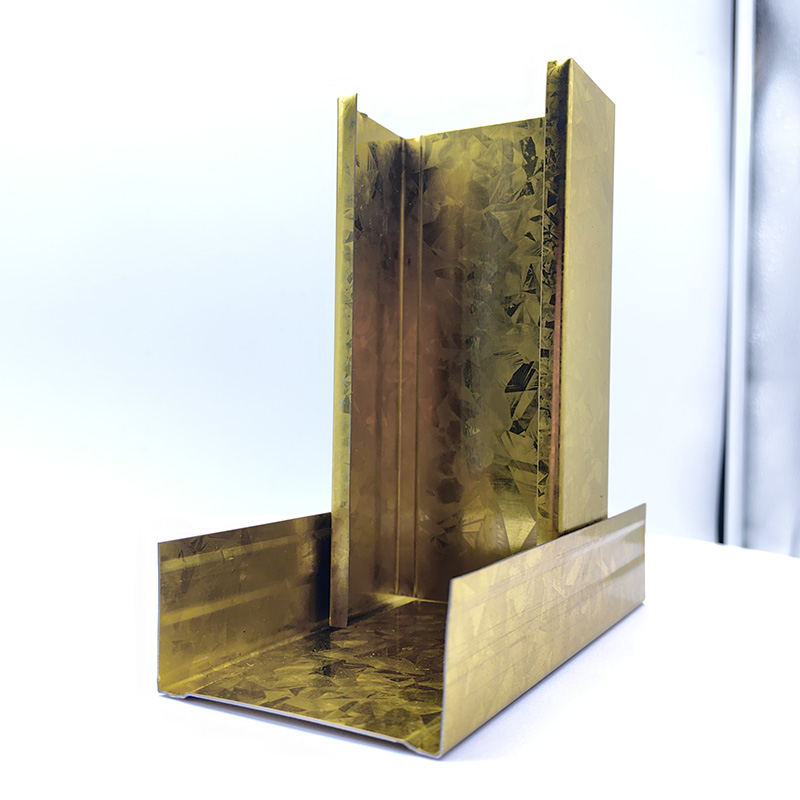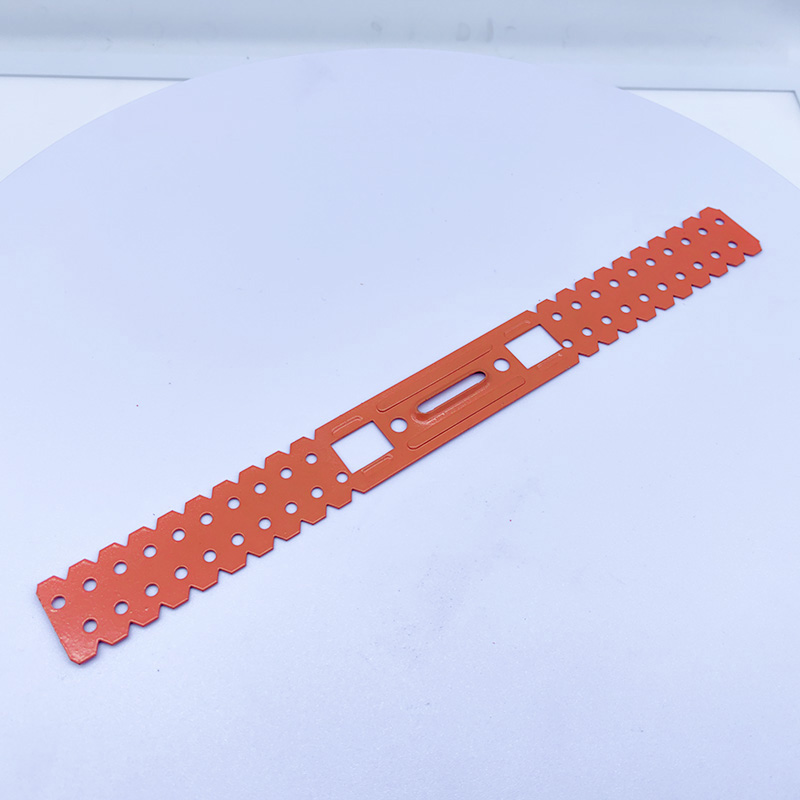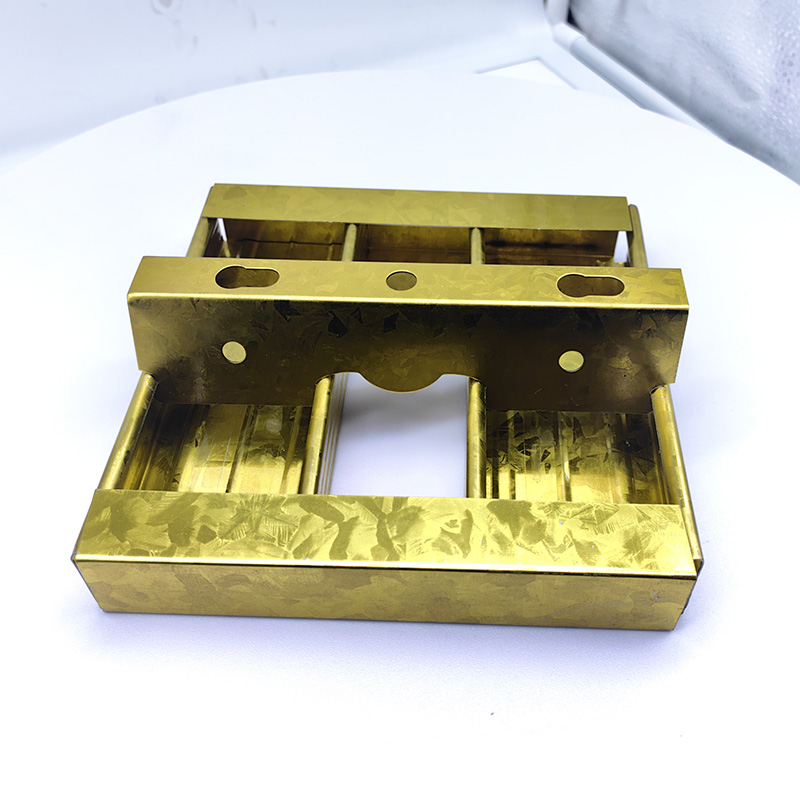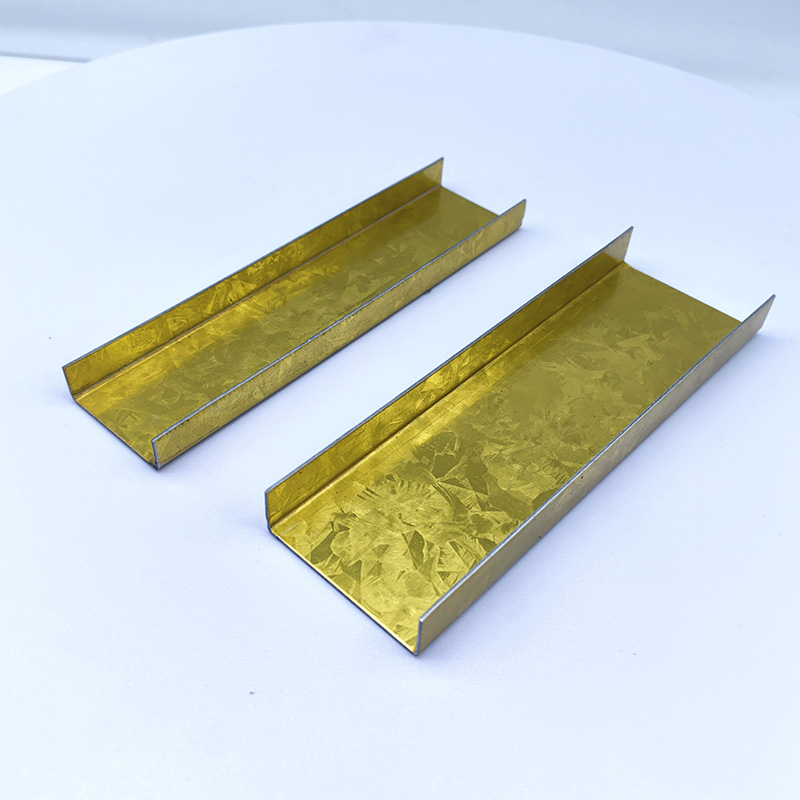The Role of Drywall Partitions in Eco-Friendly Building Design
2024-11-09 14:19:03
Drywall partitions are an essential element in eco-friendly building design, offering a range of environmental benefits that contribute to sustainable construction practices. As the demand for green building solutions grows, drywall partitions provide an efficient, cost-effective, and eco-conscious option for partitioning spaces while minimizing environmental impact. Here's how drywall partitions play a crucial role in eco-friendly building design:
1. Sustainable Materials
Recycled Content: Many drywall products are made with recycled materials, particularly recycled gypsum. This reduces the need for virgin raw materials and minimizes the environmental impact associated with mining and processing natural gypsum. Drywall with recycled content contributes to the conservation of resources and lowers overall material consumption.
Sustainable Manufacturing: Some manufacturers are adopting energy-efficient practices and using renewable energy sources in the production of drywall. The use of cleaner, more sustainable manufacturing methods reduces greenhouse gas emissions and energy consumption, making drywall partitions a more eco-friendly choice.
2. Reduced Construction Waste
Minimizing Material Waste: Drywall partitions are easy to install and can be quickly adapted to different layouts. This flexibility reduces the need for excessive cutting and trimming during construction, helping to minimize material waste. Additionally, drywall can be reused or repurposed for other projects, further reducing waste in landfills.
Recyclability: At the end of its life, drywall can be recycled into new products, such as new drywall or other construction materials. Although recycling rates for drywall have historically been low, ongoing efforts are being made to increase the amount of drywall that is diverted from landfills through improved recycling technologies.
3. Energy Efficiency
Thermal Insulation: Some types of drywall partitions, particularly those designed for commercial and residential buildings, offer good thermal insulation properties. This can help improve the energy efficiency of a building by reducing the need for heating and cooling. Well-insulated spaces require less energy to maintain a comfortable temperature, leading to lower energy consumption and reduced carbon emissions.
Sound Insulation: Drywall partitions can also provide excellent soundproofing, which contributes to energy efficiency by improving acoustic comfort. Reducing noise pollution within buildings can reduce the reliance on HVAC systems, as quieter indoor environments make it easier to regulate temperature without increasing energy use.
4. Indoor Air Quality
Low-VOC and Non-Toxic Options: Many modern drywall partitions products are available with low or no volatile organic compounds (VOCs), which can contribute to poor indoor air quality. Low-VOC drywall options help maintain a healthier indoor environment, reducing the risk of respiratory problems and other health issues associated with harmful chemicals. This is particularly important in buildings designed for long-term occupancy, such as offices, schools, and homes.
Moisture and Mold Resistance: Certain drywall products are designed to resist moisture and mold growth, which can contribute to poor indoor air quality and structural damage. By preventing mold growth, these specialized drywall partitions help create healthier, more comfortable indoor environments while extending the lifespan of the building.
5. Carbon Footprint Reduction
Efficient Manufacturing and Transportation: The production of drywall, especially those made with recycled materials, often has a lower carbon footprint compared to other partitioning materials like concrete or steel. Furthermore, drywall is lightweight and easier to transport, reducing the energy required for transportation and further lowering its environmental impact.
Longer Lifespan: Drywall partitions are durable and can last for many years when properly maintained. Their longevity helps reduce the frequency of renovations and replacements, leading to lower material consumption over time.
6. Adaptability and Flexibility
Reconfigurable Spaces: Drywall partitions are not only sustainable in their material use but also in their design. They offer flexibility in space planning, allowing interior layouts to be changed or updated without the need for major construction work. This adaptability reduces the need for extensive renovations or the construction of entirely new structures, saving resources and reducing the environmental impact associated with new building projects.
Adaptable to Green Building Certifications: Drywall partitions can contribute to achieving green building certifications like LEED (Leadership in Energy and Environmental Design). Many drywall products meet the criteria for sustainable building materials, helping buildings qualify for credits in areas like material selection, energy efficiency, and indoor environmental quality.
7. Cost-Effective Sustainability
Affordable Eco-Friendly Option: Compared to other sustainable building materials, drywall partitions are a cost-effective solution for eco-friendly construction projects. Their affordability makes them accessible for a wide range of building types, from residential homes to commercial office spaces, while still offering significant environmental benefits.
Easy to Install and Maintain: The relatively low cost and ease of installation also make drywall partitions a popular choice for green building projects. With proper installation and maintenance, drywall partitions require less ongoing effort and resources compared to other building materials, contributing to a sustainable lifecycle.
8. Fire Resistance and Safety
Fire-Resistant Properties: Fire-resistant drywall partitions are an important safety feature in buildings, helping to contain fires and protect the structure from damage. The fire resistance of drywall not only enhances safety but also contributes to the sustainability of a building by increasing its resilience and lifespan.
Sustainable Fire Protection: Fire-resistant drywall is often made with recycled materials, reducing the demand for virgin resources while providing essential fire safety. In the event of a fire, drywall partitions help contain flames and smoke, giving occupants more time to evacuate and minimizing the environmental impact of fire damage.
9. Innovation in Eco-Friendly Drywall Solutions
Eco-Friendly Production: Manufacturers are constantly improving the sustainability of drywall products by using more environmentally friendly production techniques, such as reducing the amount of water and energy used in the manufacturing process. Innovations in green drywall production include the use of bio-based additives, recycled paper facings, and other sustainable materials.
Eco-Friendly Alternatives: In addition to traditional gypsum drywall, there are also alternative drywall products being developed, such as those made from hemp, recycled paper, or other natural fibers. These alternatives offer even lower environmental impacts and are gaining popularity in eco-conscious construction projects.
Conclusion
Drywall partitions play an essential role in eco-friendly building design, offering a range of benefits that contribute to sustainability. From using recycled materials and improving energy efficiency to enhancing indoor air quality and supporting green building certifications, drywall partitions help minimize the environmental impact of construction projects. By choosing drywall as a sustainable building material, architects, designers, and builders can create healthier, more energy-efficient, and environmentally responsible spaces for the future.

A Double Anti-Rust Gold Partition Wall Stud is a type of steel stud commonly used in the co...

A CD UD Profile Furring Clip U Clamp is a type of metal fastening component used in the ins...

A 60mm Ceiling Grid refers to a type of suspended ceiling system, commonly used in commerci...

38mm Main Tee and 50mm Main Tee refer to the widths of the main tee profiles used in suspen...

